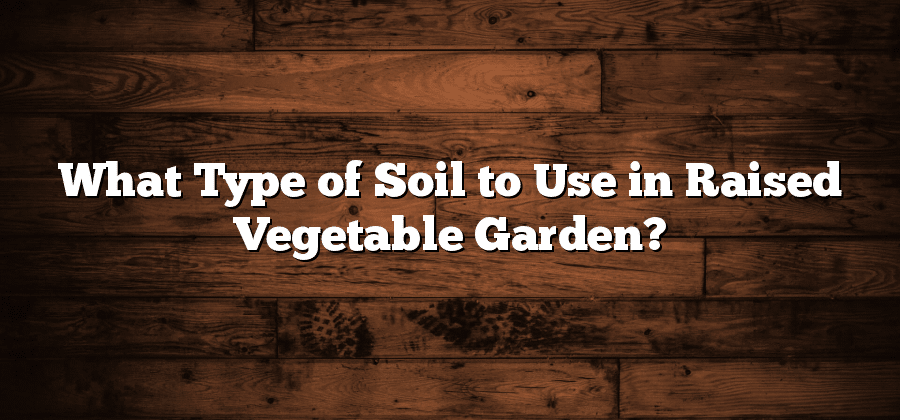Understanding Soil Composition for Raised Vegetable Gardens
Soil composition is a crucial aspect to consider when establishing a raised vegetable garden. It directly affects the growth and productivity of the plants. The composition of the soil refers to the mixture of organic matter, minerals, air, and water present in it. It is important to understand these components and their proportions to create an ideal growing environment for your vegetables.
Organic matter plays a vital role in soil composition as it improves the fertility and structure of the soil. It includes decomposed plant and animal materials, such as compost, manure, and leaf litter. These organic materials enrich the soil with essential nutrients and enhance its ability to retain moisture. Additionally, organic matter helps in the formation of aggregates, which create pore spaces for air and water movement within the soil. This ensures that the roots of your vegetable plants have access to the necessary oxygen and water for optimal growth.
Evaluating the Nutrient Content of Soil
One of the key factors in determining the success of a raised vegetable garden is the nutrient content of the soil. Evaluating the nutrient content is an essential step in ensuring that your plants have the essential elements needed for healthy growth.
To assess the nutrient levels in your soil, you can carry out a soil test. This test will measure the levels of major nutrients like nitrogen, phosphorus, and potassium, as well as other important elements like calcium, magnesium, and sulfur. Knowing the nutrient composition of your soil will help you make informed decisions when it comes to fertilizing your plants. Additionally, a soil test can identify any deficiencies or excesses in nutrient levels, allowing you to make necessary adjustments to optimize plant growth.
Choosing the Right Texture for Raised Vegetable Garden Soil
When it comes to choosing the right texture for raised vegetable garden soil, one must consider the needs of the plants being grown. Different plants have different preferences when it comes to soil texture, and getting it right can greatly impact their growth and overall health.
One important factor to consider is the drainage capability of the soil. Vegetable plants generally prefer soil that drains well to avoid waterlogging, which can lead to root rot and other diseases. Sandy soil, for example, is known for its excellent drainage properties, making it a suitable choice for many vegetable plants. On the other hand, clay soil tends to retain excess water, making it less ideal for raised vegetable gardens. Balancing the right amount of sand, silt, and clay can help achieve optimal drainage for the plants. Additionally, incorporating organic matter such as compost can help improve the overall structure and drainage capabilities of the soil.
Balancing pH Levels in Raised Vegetable Garden Soil
To ensure the success of your raised vegetable garden, it is crucial to balance the pH levels in the soil. pH, which stands for potential hydrogen, is a measure of the acidity or alkalinity of the soil. Different plants thrive in different pH levels, so it is important to determine the specific requirements of the vegetables you plan to grow.
Once you have determined the optimal pH range for your vegetable garden, you can take certain measures to balance the soil. One option is to add organic materials such as compost to increase the pH level if it is too acidic. On the other hand, if the soil is too alkaline, you can add materials such as sulfur or peat moss to lower the pH level. It is important to note that balancing the pH levels may require multiple applications over time, as it can be a gradual process. Regularly testing the pH levels of your garden soil is crucial to ensure that your plants are getting the right nutrients they need to thrive.
Enhancing Drainage in Raised Vegetable Garden Soil
Good drainage is essential for successful raised vegetable gardens. Proper drainage ensures that excess water drains away from the soil, preventing waterlogging and root rots. To enhance drainage in raised vegetable garden soil, several important steps can be taken.
Firstly, it is crucial to choose the right type of soil mix for the raised beds. A well-draining soil mix that contains a balanced proportion of organic matter, such as compost, can improve the overall drainage capacity of the soil. Additionally, adding coarse materials like sand or perlite can help increase the airspace in the soil, allowing water to move freely and drain away more efficiently. However, it is important to note that heavy clay soils may require a larger amount of organic matter and amendments to improve drainage. Careful consideration and preparation of the soil mix will play a pivotal role in promoting optimal drainage in raised vegetable garden soil.






